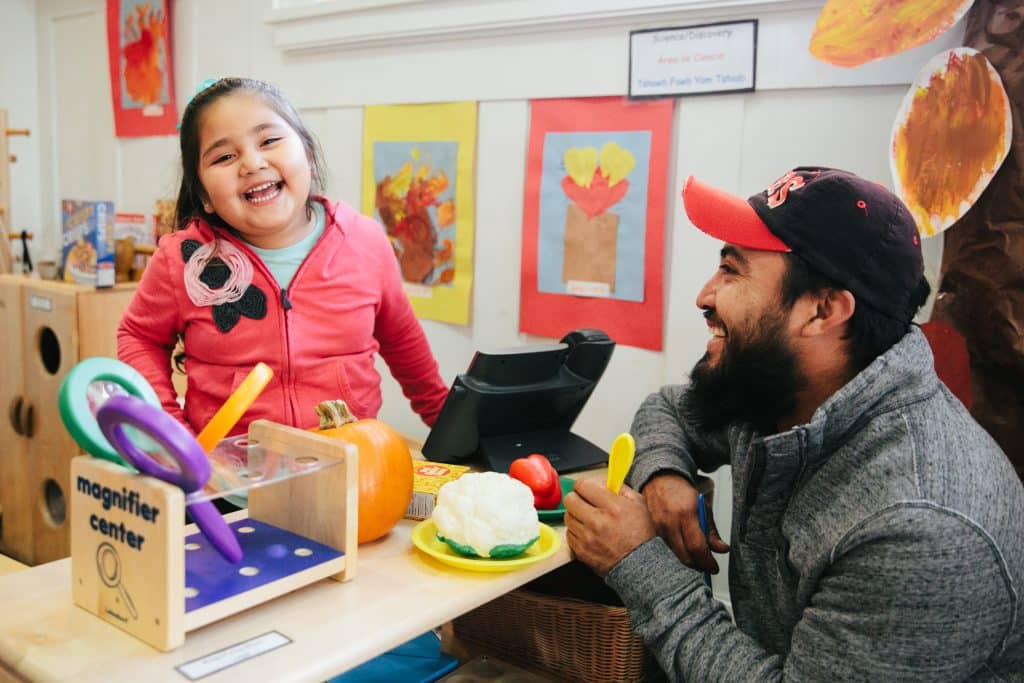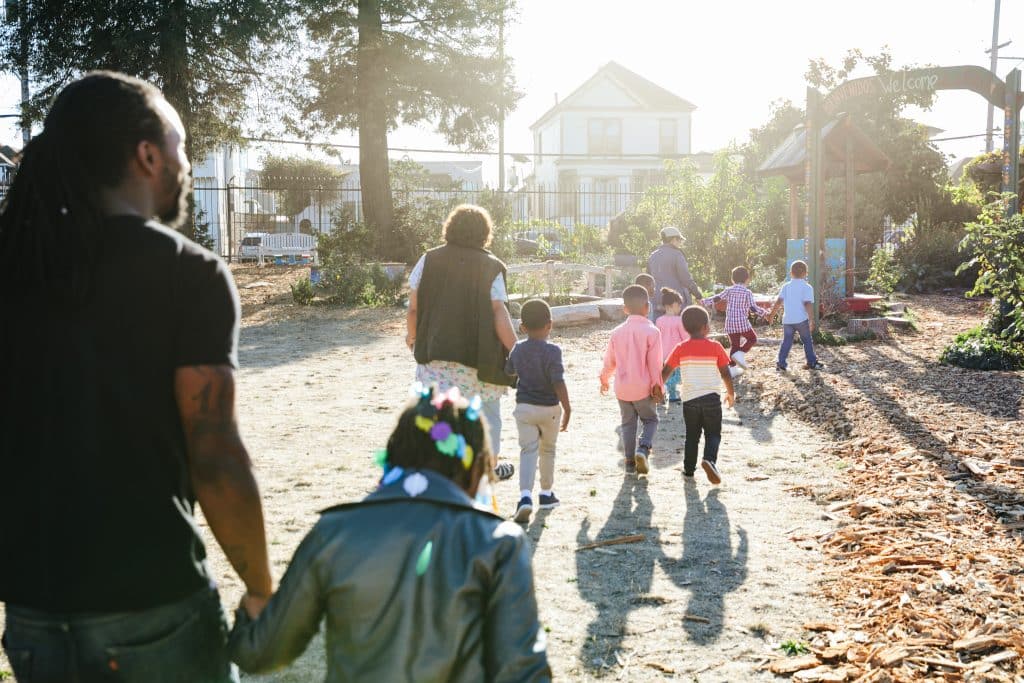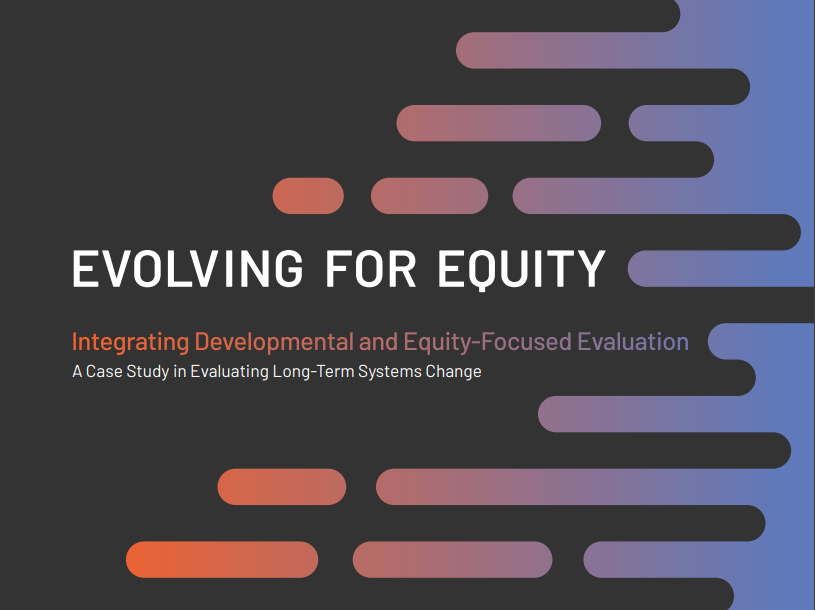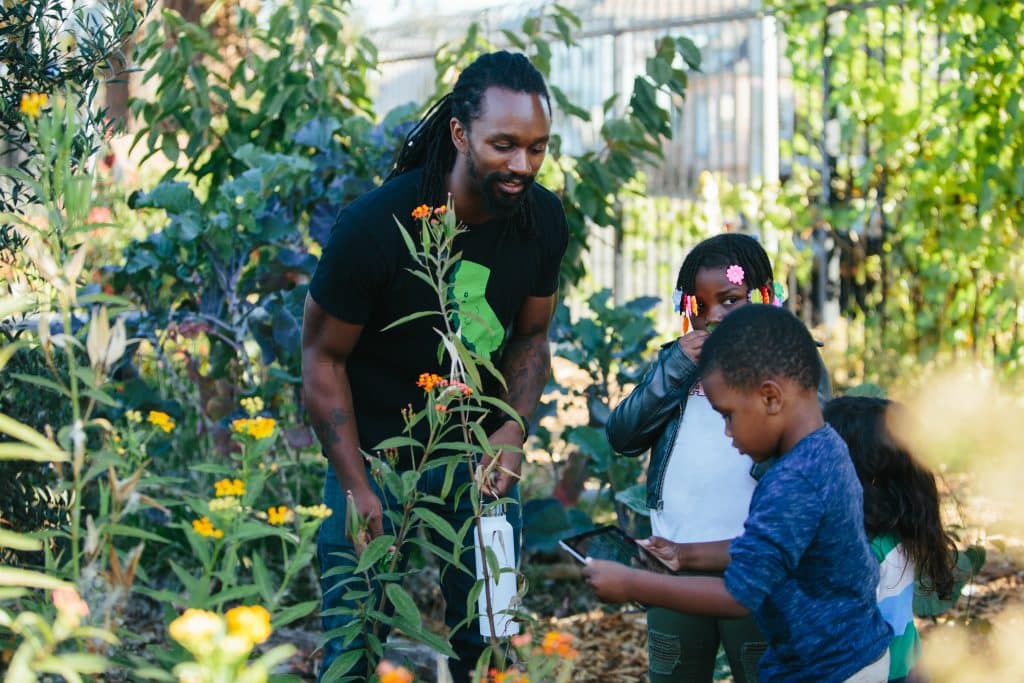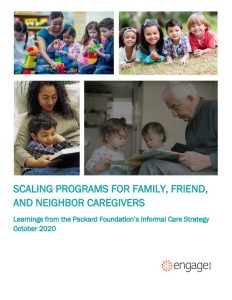
Many children spend a substantial amount of their early childhood being cared for by extended family, friends, or neighbors (FFN). This type of informal care is both an affordable and a flexible care option and a way to provide children with a warm, nurturing environment with a trusted caregiver. The Packard Foundation formally launched its Informal Care investment strategy in 2014 to support FFN caregivers as they provide the kinds of experiences children need early in life to reach their full potential. We began with an inquiry into the state of FFN support programs and then made investments in a specific set of programs to test and learn what efforts could most successfully engage FFN caregivers. This report examines the third phase of our strategy which is focused on taking the most promising practices and growing and deepening those practices to better connect FFN caregivers with the resources they need to support children’s development and equity in early childhood outcomes. We hope that this report and its findings, which synthesizes a range of lessons and their implications, can be of value to those interested in supporting and scaling FFN programs, including funders, community organizations, and advocacy groups.

